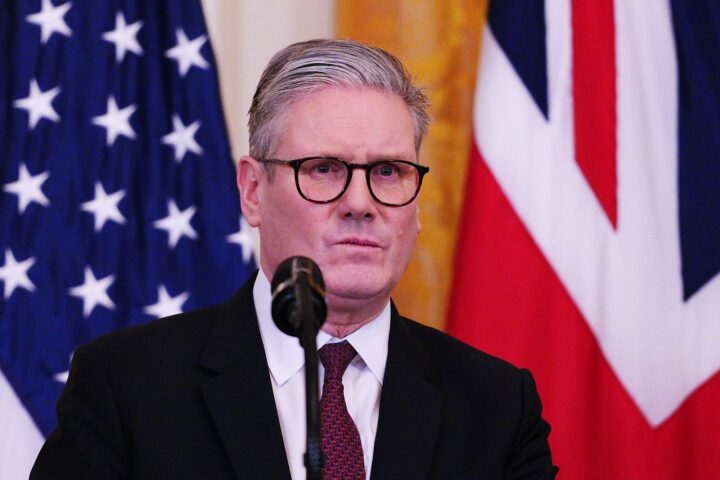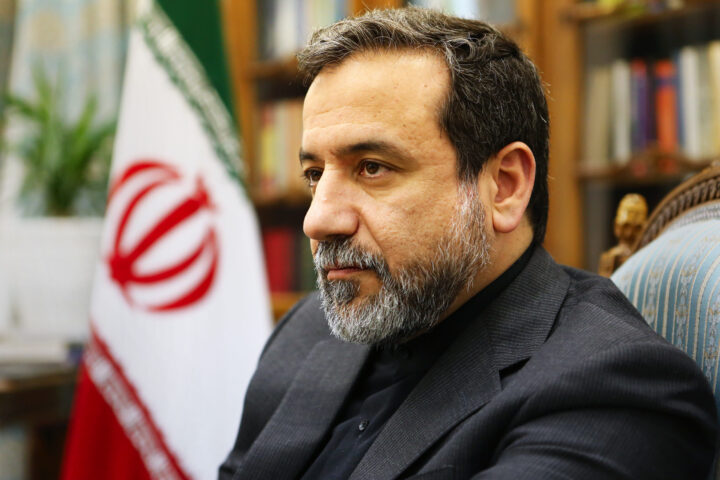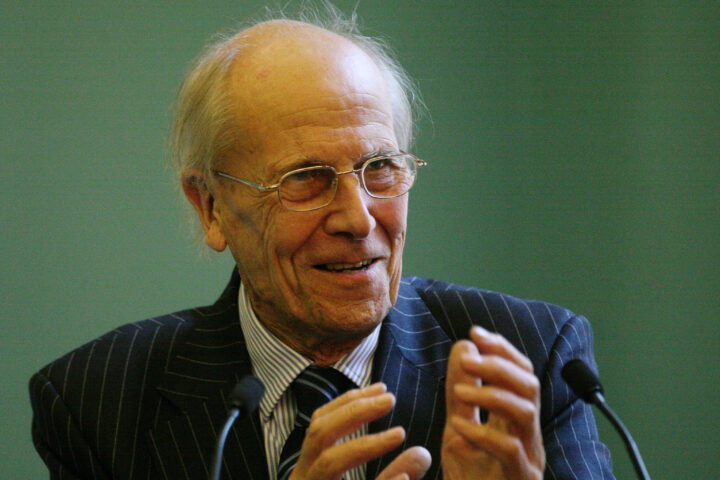MONTREAL — Russia is seeking to influence the 42nd session of the International Civil Aviation Organization (ICAO), currently underway in Montreal, Canada, from September 23 to October 3, 2025, aiming to soften sanctions imposed on its aviation sector. Moscow argues that current restrictions threaten flight safety, citing difficulties in sourcing aircraft parts for its fleet. ICAO condemned Russia in 2022 for violating Ukrainian airspace sovereignty and for dual registration of aircraft.
Sanctions and supply chain pressures on Russian aviation
Following Russia’s 2022 full-scale invasion of Ukraine, Western sanctions cut off Moscow’s access to foreign aircraft and spare parts, forcing Russian airlines to acquire components for over 700 Airbus and Boeing planes through grey market channels. Russia now seeks relaxation of these sanctions, particularly for critical spare parts it claims are necessary for flight safety. Moscow has described the measures as “illegal coercive actions violating human rights to freedom of movement,” while ICAO’s oversight remains a test of international standards.
Belarus and the Belavia exemption complicate enforcement
On September 11, 2025, the United States lifted sanctions on Belarusian state airline Belavia, which previously faced restrictions due to Belarus’ support of Russia’s invasion. Experts warn that Russia could exploit Belavia’s access to spare parts, significantly exceeding the airline’s six-plane needs, with components potentially diverted to Russia. U.S. authorities are reportedly monitoring efforts to prevent sanctioned parts from reaching Moscow, yet both Russia and Belarus have refined methods to circumvent Western restrictions.
Safety incidents underscore Russian fleet vulnerabilities
Russia relies heavily on commercial aircraft for domestic cargo and passenger transport across 11 time zones. Recent incidents, however, highlight fleet deterioration. In late July, a Soviet-era Antonov An-24 from 1976 crashed in the Russian Far East, killing all 48 on board. Days later, Aeroflot canceled dozens of flights after a major cyberattack disrupted its computer systems, underscoring operational and safety risks in the Russian aviation sector.
ICAO’s credibility and geopolitical implications at stake
ICAO sets global aviation safety standards, and any concession to Moscow could damage the credibility of both the organization and the United Nations. Western restrictions were imposed not merely for industry regulation but as part of broader measures to limit Russia’s ability to leverage international resources in its ongoing war in Ukraine. Easing sanctions on humanitarian grounds could create a precedent allowing aggressive states to evade accountability, challenging the principle of impartiality in international institutions.
The path forward for global aviation governance
Countries participating in ICAO must balance technical safety concerns with the imperative to uphold international law. Maintaining neutrality and adherence to established sanctions ensures that ICAO’s regulatory authority is not undermined, reinforcing the integrity of aviation governance and the broader international legal framework.













